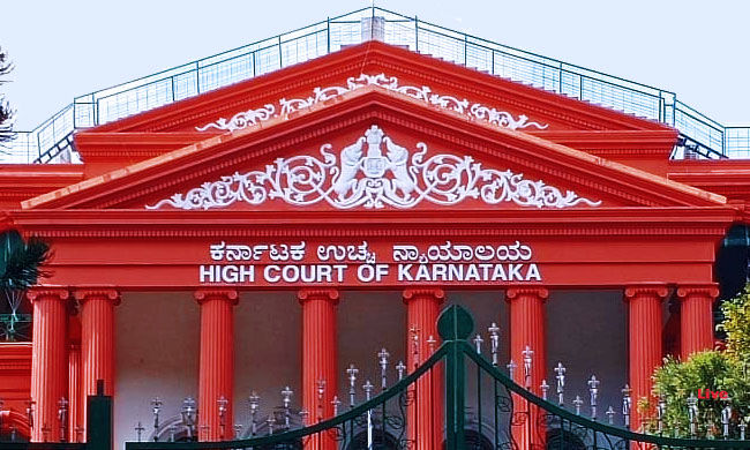The Karnataka High Court on Wednesday rejected a petition filed by a husband seeking to drop charges of rape pending against him under Section 376 of the Indian Penal Code after his wife filed a complaint against him. Justice M Nagaprasanna emphasised that a man who is well acquainted with a woman and performs all the ingredients as is found in pre or post amendment to Section 375 can...

